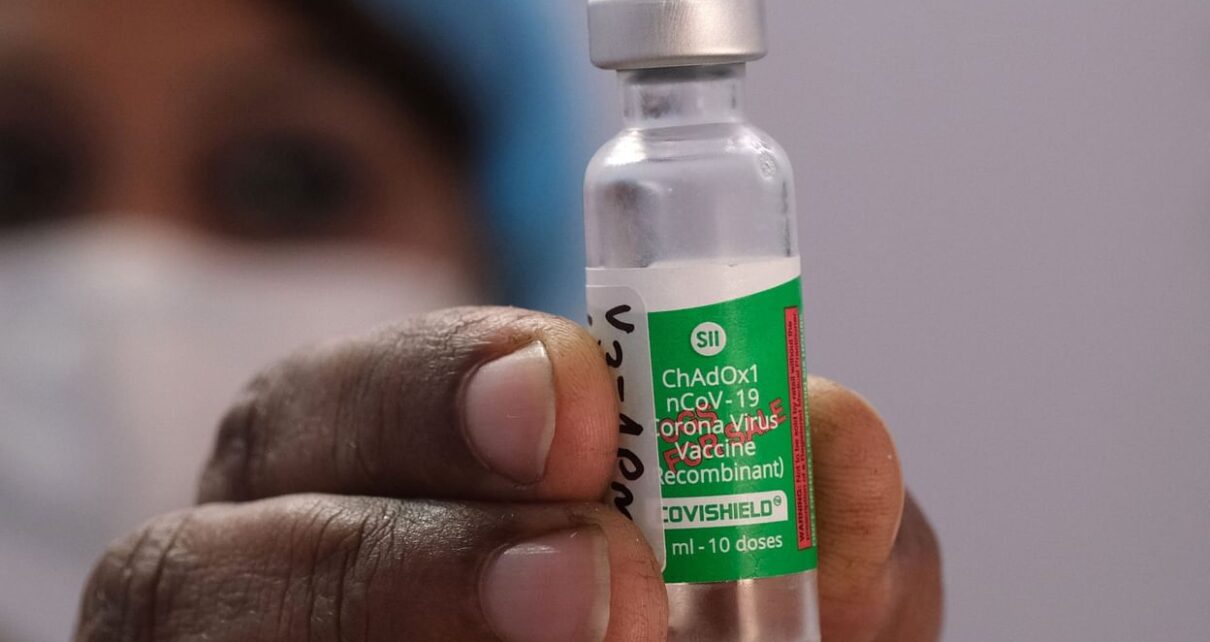The Union health ministry said that the number of blood clot cases in people who received AstraZeneca’s Covid-19 vaccine (called Covishield) in India was “minuscule”. Covishield – one of three shots granted emergency approval in India – is the most widely used in the country and is manufactured by Pune-based Serum Institute (SII).
A report submitted by the national AEFI (adverse event following immunisation) committee to the health ministry said that bleeding and clotting cases after the Covid-19 vaccination in India were ‘minuscule’ and in line with the expected number of diagnoses of these conditions in the country. “Covishield continues to have a definite positive benefit-risk profile with tremendous potential to prevent infections and reduce deaths due to COVID-19 across the world and in India,” the health ministry has said.
The study was conducted after alerts raised in some countries on post-vaccination “embolic and thrombotic events” on March 11, particularly with the AstraZeneca-Oxford vaccine, which is named Covishield in India. The Centre conducted an analysis of the adverse events in India and that only 0.61 cases of blood clotting per million were reported in its analysis.
Thromboembolic events refer to the formation of a clot in a blood vessel that might also break loose and be carried by the bloodstream to plug another vessel.
The Ministry separately released advisories to healthcare workers and vaccine beneficiaries to encourage people to be aware of suspected thromboembolic symptoms. These symptoms, the ministry said, occur within 20 days of taking a shot (particularly Covishield) and asked the beneficiaries to report to the health facility where vaccine was administered.
The list of symptoms mentioned in the ministry’s advisory are:
- breathlessness;
- pain in chest;
- pain in limbs/pain on pressing limbs or swelling in limbs (arm or calf);
- multiple, pinhead size red spots or bruising of skin in an area beyond the injection site;
- persistent abdominal pain with or without vomiting;
- seizures in the absence of previous history of seizures with or without vomiting;
- severe and persistent headache with or without vomiting (in the absence of previous history of migraine or chronic headache);
- weakness/paralysis of limbs or any particular side or part of the body (including face);
- persistent vomiting without any obvious reason;
- blurred vision or pain in eyes or having double vision;
- change in mental status or having confusion or depressed level of consciousness
- Any other symptom or health condition which is of concern to the recipient or the family




